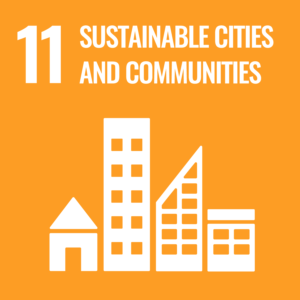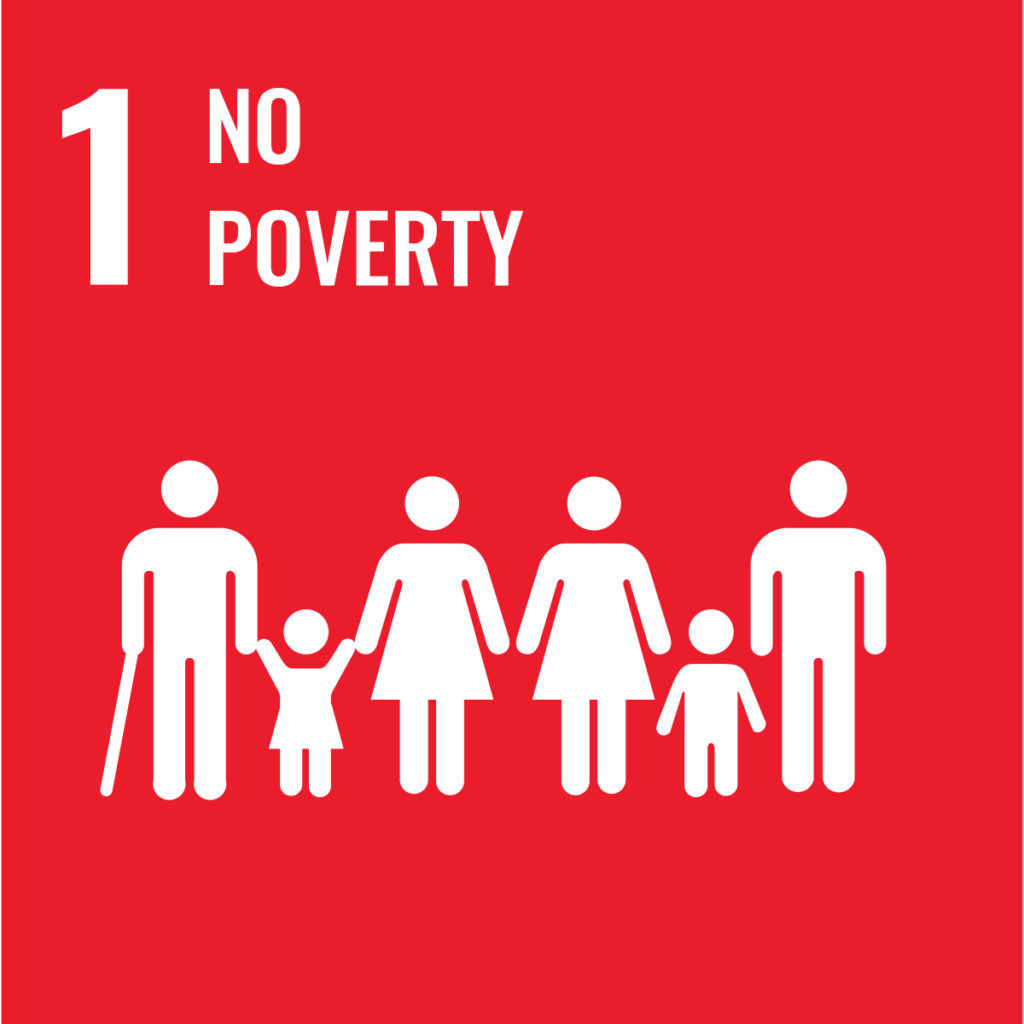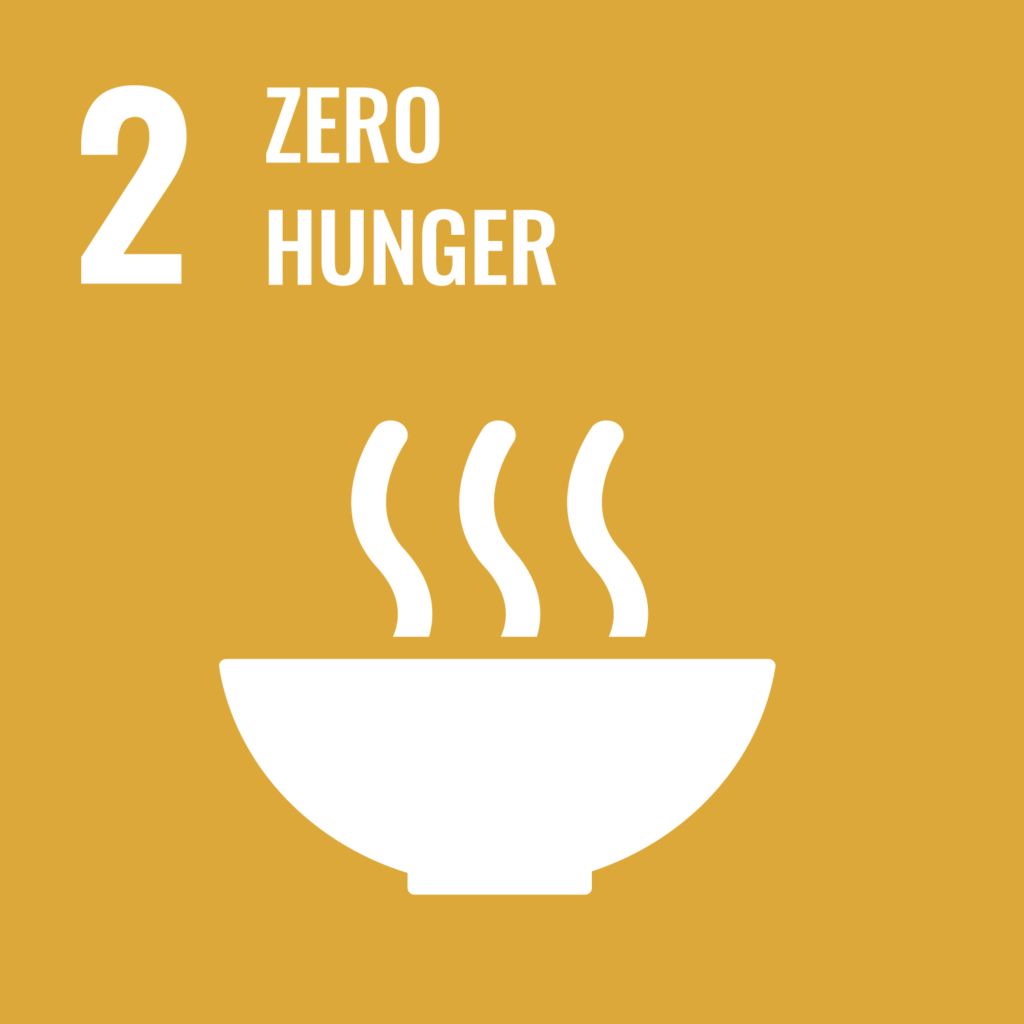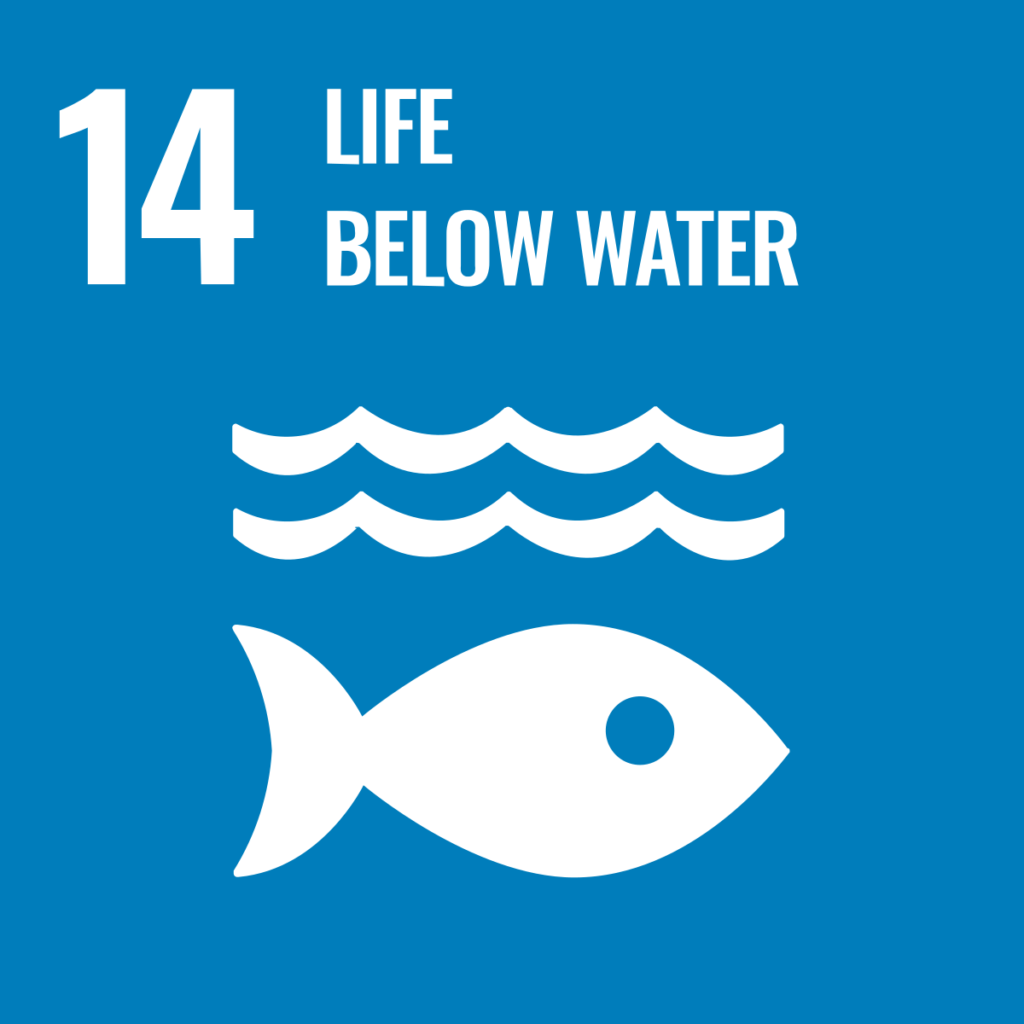Over the years, CNU has implemented various programs and initiatives to ensure that its campuses and surrounding areas are sustainable, livable, and safe for all. It has worked with local communities and collaborated with local non-governmental organizations to perform community-based environmental research and execute community-based sustainable development projects such as “Chika Ta! Come Help in Building Knowledge for a Greener Nation”, “Eco-Kaptens (Eco-Knowledge, Attitude and Pedagogy in Teaching Environmental Science)”, and “Pa Ku Ka Mu (Paglimpyu Ku, Kahimsug Mu)”.
These initiatives have sought to improve access to clean water, enable sustainable agriculture, and equip residents with alternative livelihood options. The involvement of CNU with the local population has resulted in a more sustainable and resilient region. One of the university’s noteworthy feats is the publication of first floral study in an urban cemetery in Metro Cebu.
Support of arts and heritage
- Public access to libraries
Provide public access to libraries including books and publications
√ Access to all after application
√ Access in some circumstances
– see FB post
– see PDF file - Public access to green spaces
Provide free public access to open spaces and green spaces
√ Permanent free access
– see FB post - Arts and heritage contribution
Contribute to local arts, in terms of number of annual public performances of university choirs, theatre groups, orchestras etc… either ad-hoc or as part of an ongoing programme
√ Ad-hoc only
– see FB Post
– see CNU Website Post - Record and preserve cultural heritage
Deliver projects to record and preserve intangible cultural heritage such as local folklore, traditions, language, and knowledge. This can include the heritage of displaced communities.
Local or regional cultural heritage
National cultural heritage
Expenditure on arts and heritage
- University expenditure
- University expenditure on arts and heritage
Sustainable practices
- Pedestrian priority on campus
Prioritise pedestrian access on campus - Planning development – new build standards
Build new buildings to sustainable standards
Selflessly saving one’s life is an act of bravery and profound selflessness. It is a rare moment where the instinct of self-preservation meets the willingness to put oneself in harm’s way for the greater good. It is a testament to humanity still in existence in the act of heroism. As part of the 2030 Agenda for Sustainable Development Goal (SDG), the mission of saving one’s life resonate with Goal 3, which is to ensure healthy lives and promote well-being for all at all ages.
The university established itself as both a premier training ground for educators in various fields and a pillar of society that adheres to missions for the common welfare. In line with this commitment, Cebu Normal University (CNU) launched a first-aid training program on November 5, 2022, from 8:00 am to 11:00 am, held on the ground floor of the Teaching Arts Centrum (TAC) building. The program was attended by graduate students enrolled in the Master of Arts in Education program with a major in Science Education.
Dr. Jennifer Paño, an esteemed professor in Earth and Science, led the program with the aim of imparting essential first-aid principles, basic life support skills, and appropriate emergency treatments. In her welcoming remarks, she emphasized the significance of the training. Following that, Mr. Vincent C. Pananganan, a resource speaker and certified first-aid instructor, emphasized the core principles of “Preserve Life, Prevent the escalation of illness or injury, and Promote recovery.” He also covered fundamental first-aid techniques. Throughout the training, participants exhibited unwavering enthusiasm. The program concluded with a sense of relief, as the students recognized that the knowledge, they had gained could potentially be life-saving.
Closes brushes of dangerous situations or even near-death tragedies may come in a blink of an eye in most unexpected times. This training prepares them to become resilient in times of great adversity where saving a life comes in bare hands in a matter of a split-second decision. Self-preservation becomes more than just an instinct; it becomes an act of altruism that inspires others to do the same.
Saving one’s life is an invaluable deed. When we step forward to save someone’s life, we embody the essence of compassion, empathy, and humanity. It is not only a noble endeavor but a transformative act that has the power to shape the present and impact the future for the better.








